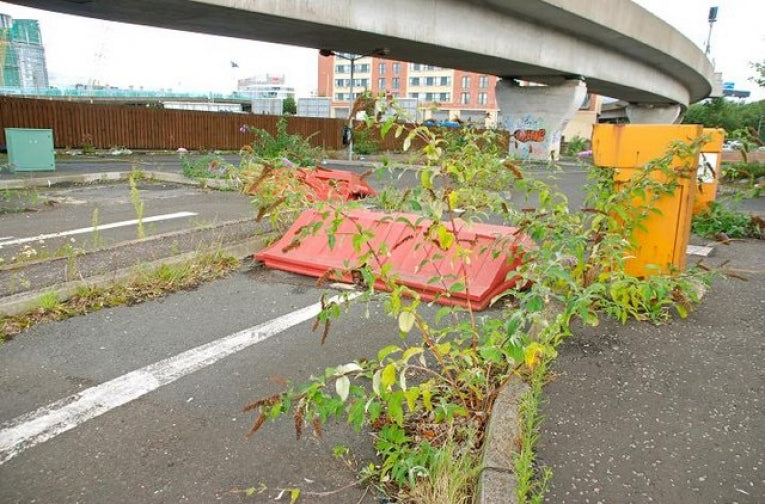The world, and everyone in it is subject to environmental limits. Conventional economics believes that these limits are not there and anything can be substituted if the price is right. Acclaimed environmentalist Richard Heinberg disagrees. He thinks we have reached the end of two centuries of frenetic growth powered by fossil fuels. The current financial crisis is one of the symptoms of a system that is being wrecked, not just by debt but resource depletion and environmental devastation.

"The central assertion of this book is both simple and startling: Economic growth as we have known it is over and done with."
The first section of the book analyses the Financial Crisis that began in 2007-8 and is still with us. The three main factors that Heinberg sees as ending growth are - the depletion of important resources, including fossil fuels and minerals. It is significant that the production of oil peaked in 2008 and has not really increased since then.
The proliferation of negative environmental impacts arising from the extraction and use of resources, and the snowballing costs of their impacts and efforts to avert those impacts.
Financial disruptions due to the inability of our existing monetary, banking and investment systems to adjust to both resource scarcity and soaring environmental costs, and their inability (in the context of a shrinking economy) to service the enormous piles of government and private debt which has been generated over the past couple of decades.

Author Richard Heinberg
Heinberg carefully delineates, using graphs and statistics, how this happened and what our planetary limits are. He makes a convincing case that increased efficiency or substitution will not affect the problems greatly. Then he looks at ways to live well while managing contraction in our economies. He quotes the Transition Movement as a good example of how people are banding together to insulate their communities against the ongoing problems.
Heinberg says, "There will be life after growth, and it doesn't have to play out under conditions of misery. With less energy to fuel globalization and mechanization, there should be increasing need for local production and labor. We can reorganize our financial and production systems so that everyone's basic needs are met. Indeed, if we focus on improving quality of life rather than increasing quantity of consumption, we could all be happier even as our economy downsizes to fit Nature's limits.
But that benign future is unlikely to transpire if we all continue living in a dream world where growth knows no bounds.
The alarm bells are ringing. Wake up to the post-growth economy."
The End of Growth by Richard Heinberg, Paperback, 288 pages, Publisher: New Society.
Links:










